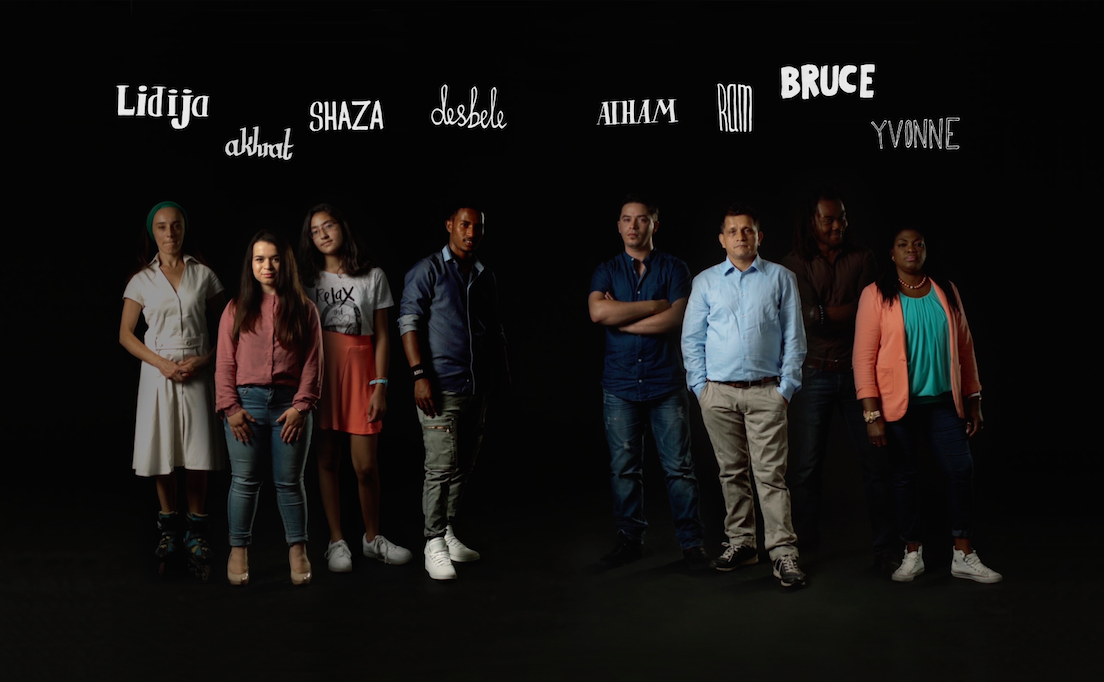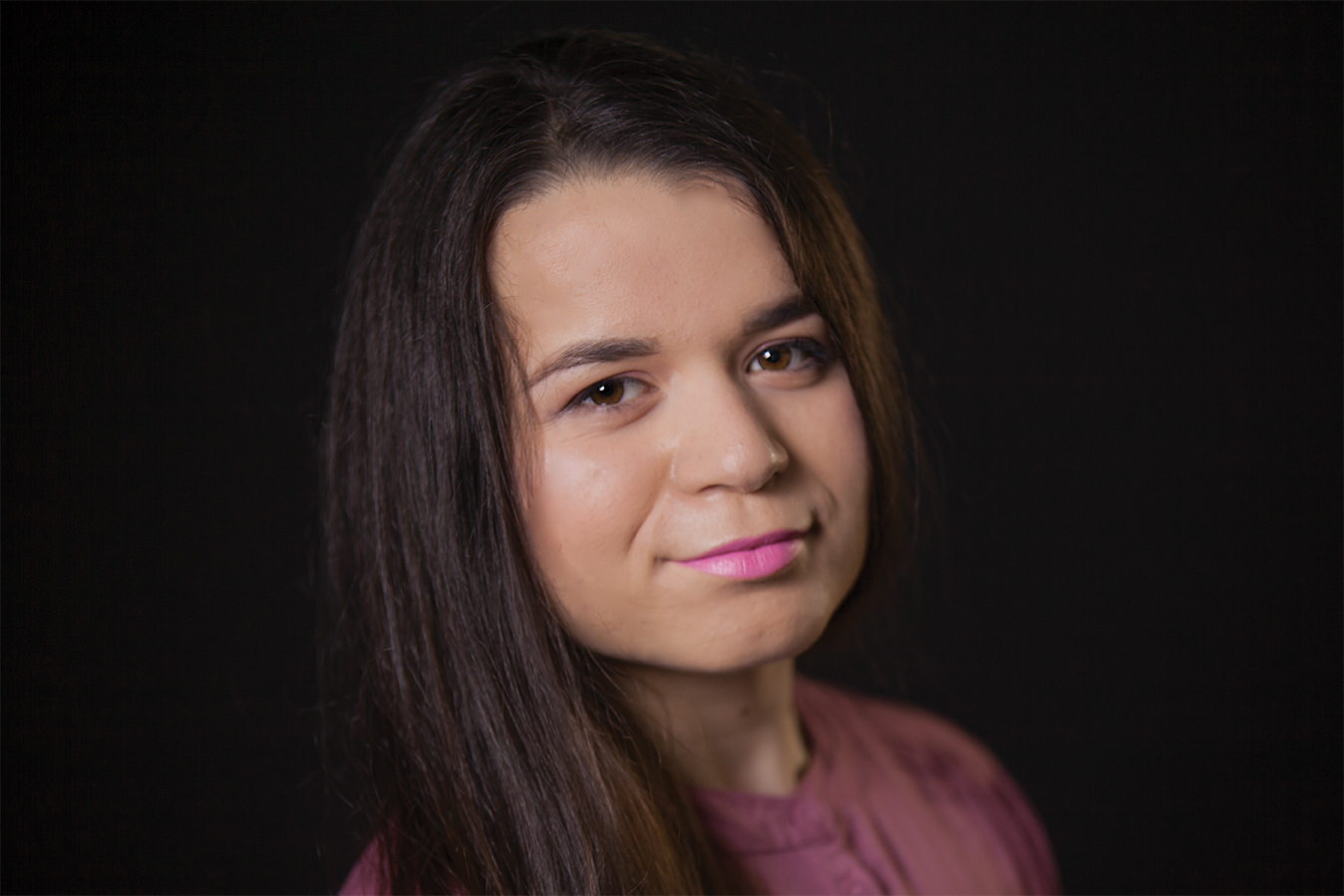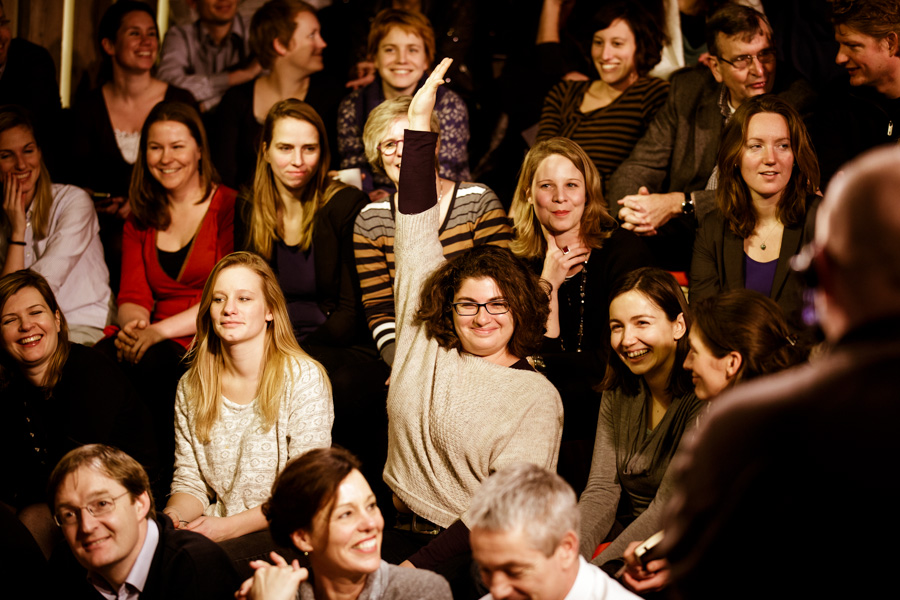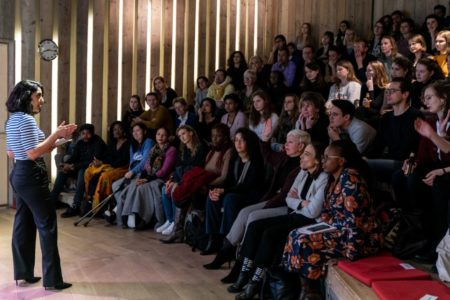During the program Invisible: The war after the war you hear personal stories from aid workers, from people who have experienced war and from international policy makers. Together they answer the question: How should we address the psychological needs of people who have experienced war?
At present there are more than 70 million refugees in the world. People who have had to leave their homes because of war, persecution or human rights violations. What these people have lost cannot be put into words. The needs are therefore enormous. Traditional humanitarian aid often translates this into tangible material and physical needs: food, drink and shelter.
Policymakers and aid workers are increasingly aware that psychosocial assistance is just as important. But how should this growing awareness be turned into a policy that is effective, and that is really addressing the needs on the ground? Can you address psychological needs, while people are still living under very difficult circumstances? And how can you make policy about something that is so painful, personal and at the same time culturally determined?
Through a mix of talks and artistic interventions, aid workers, policy makers and people who have experienced war give insights into how humanitarian aid should address the psychological needs of people who have experienced war.
About the speakers
-
- Sigrid Kaag, Minister for Foreign Trade and Development Cooperation, is responsible for the Dutch trade and the stability and growth in developing countries. In cooperation with business organizations, she tries to provide help where it is needed. She occupies herself with subjects like climate change, terrorism and poverty.
- Peter Ventevogel, from the Netherlands, is a psychiatrist and medical anthropologist. He has a long career in the international humanitarian sector. Currently he is a Senior Mental Health Expert with UNHCR, the refugee agency of the United Nations. The years before that, he was an independent professional in Mental Health and Psychosocial Support in post-conflict settings and he regularly did consultancies for NGOs and UN agencies such as WHO and UNHCR. Peter has worked in Afghanistan, Burundi, DRC, Egypt, Jordan, Libya, Pakistan, Rwanda, South Sudan, Sudan, Syria, Tanzania and Uganda. From 2008-2013 he was the editor-in-chief of Intervention, the Journal for Mental Health and Psychosocial Support in Conflict Affected Areas, published by the War Trauma Foundation.
- Bilqis Jubari, from Yemen, is the founder and chairperson of Family Counseling and Development Foundation which was established in 2011. Bilqis founded this NGO, because she wanted to provide psychosocial support to all Yemeni in society. In 2012 she established a free hot line, a telephone line that serves many patients who cannot not reach the service because of their poverty or because they fear access to the Foundation for treatment which might led to the exposure of violence by their families. Currently the NGO provides psychosocial support to people affected by the war, also within the displacement camps throughout the country. Bilqis has trained staff from international NGO’s in providing psychosocial aid. She has been serving as a lecturer and Professor of Psychology at Sana’a University since 1998 and is a member of Women Without Boarder advisory board and a member of two psychotherapeutic associations in Egypt.
- Omar Imam, from Syria, is an Amsterdam-based photographer. Ever since leaving his home-country in 2012 he aims to communicate the devastating results of the ongoing war through his art. For the project Live, Love, Refugee he worked together with Syrian refugees who were living in a refugee camp in Lebanon. With his photos, he attempted to approach and show the psychological situation of Syrian refugees in Lebanon. He worked together with them to recreate their dreams, experiences, and yearnings, and by this, challenge the projections of victimization and the representation of Syrian refugees as victims, numbers, reports, and statistics.
- Soad Salem from Libya, is a poet, writer and journalist. In Libya she was an activist on girls- and women rights. Because of this, she was persecuted and had to flee to the Netherlands, where she is now trying to build a new life. She will share her story about experiencing violence and persecution and the invisible struggle to be taken serious. She will share her story in Arabic. This will be translated on stage by the poet and performer Godfrey Lado, who originates from South-Sudan. Both participate in this program through the cooperation with OnFile, a platform by and for exiled journalists, writers and other media professionals.
- Maria Palha from Portugal, is a clinical psychologist, specialized in Art Therapy and Theater of the Oppressed and Social Entrepreneurship at IES/INSEAD. Since 2006 she works with Doctors without Borders to design and implement mental health programs in different humanitarian crisis contexts. In 2016 she published her first book Emotional first aid box.
- Chris Hoffman is the Managing Director of the Garrison Institute International. He provides direct consultations on the Contemplative Based Resilience Project, which aims to bring mindfulness and psycho-social support to humanitarians throughout the world. Chris brings twenty years of experience in the field of humanitarian and development innovation.
- During the program, you will see a short part of Yuropa. This is a dance performance from Nigerian choreographer Qudus Onikeku about migration.
- Moderator is theatre maker and writer Mirthe Frese.
About this program
This program takes place at the end of the ‘Mind the Mind’ conference organized by the Dutch Ministry of Foreign Affairs. Experts and policymakers from all over the world come together for two days to talk about psychosocial assistance and how it can be better integrated into humanitarian assistance.
This program will be filmed. The video will be shared as a live stream and posted on the Humanity House website.
About the picture
This photo is part of the series Live, Love, Refugee, by photographer Omar Imam. On the photo you see Faten & Ahmad, both from Homs. The accompanying text: “For a moment I felt like we are talking to a cars technician not a doctor, we are refugees but still human”






